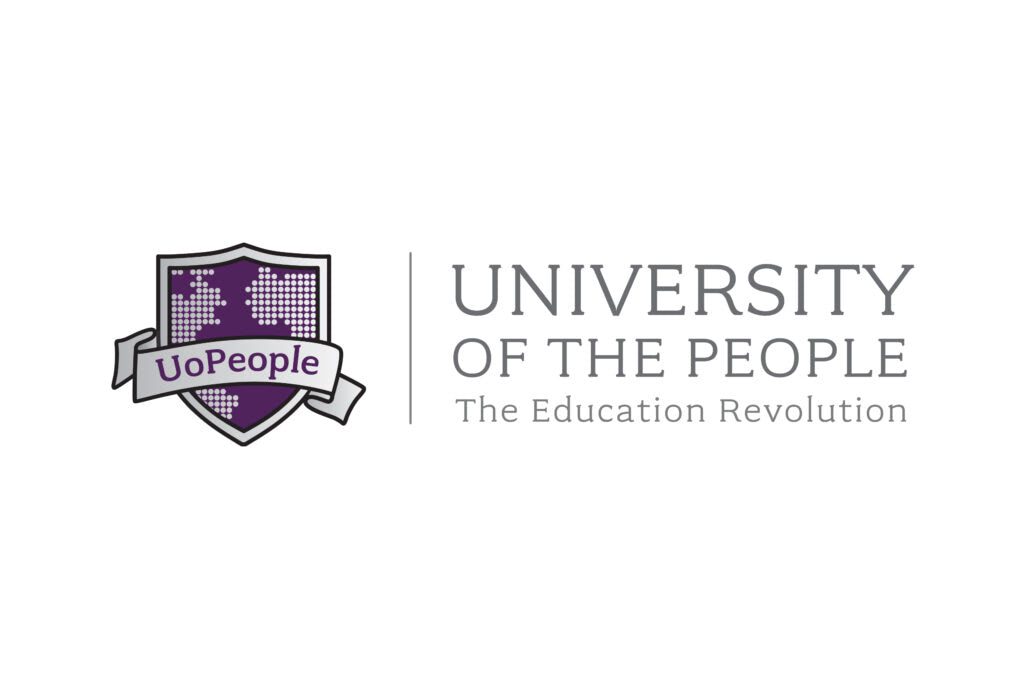Online university sees significant spike in applications, as coronavirus leads to the closure of other institutions.

Like many industries, the world of higher education has been hit hard by the current COVID-19 pandemic. With lockdown measures being enacted in countries across the globe, recent reports have suggested many universities are facing the prospect of refunding tuition fees – following an online petition of 266,000 students who face starting the academic year in social isolation.
However, the current crisis has seen those institutions which have been built for remote learning and long-distance higher education become vital support structures for those seeking to continue their education uninterrupted.
University of the People (www.uopeople.edu), is a non-profit, tuition-free, accredited online university providing access to higher education regardless of financial, geographic, political, or personal constraints, is proving a viable alternative and has seen a huge increase in student enrolments since the beginning of the pandemic.
From China alone, University of the People has seen a 200% increase in applicants for its range of higher education courses, compared with the previous terms. The online university has also seen a significant spike in interest from areas highly impacted by the coronavirus including Italy, Japan, and South Korea. Founded in 2009, and receiving accreditation from the Distance Education Accrediting Commission (DEAC) in 2014, University of the People offers associate and bachelor’s degree programs in Business Administration, Computer Science, and Health Science as well as an MBA and a Master of Education.
Their academic course leaders include current and former lecturers from institutions, such as NYU, Columbia, Oxford, McGill, UC Berkeley, and George Washington University, and they have also received backing from high-profile investors including the Bill & Melinda Gates Foundation. With over 27,000 students enrolled from more than 200 countries and territories (with these 1,000 identifying as refugees) – the university is prepared for this recent influx and their unique combination of academic expertise and video-based seminars could be a model for others.
Shai Reshef, Founder and President of University of the People, comments: “Our aim is to foster an environment where education is not just a privilege for the few, but instead a right for all. By enabling online learning on a global scale, we aim to transform not only the lives of our students, but also their families, communities, and nations by providing world-class learning opportunities to all who are qualified, regardless of their personal circumstances.”
As an institution specifically designed for remote learning, University of the People has a head-start on more traditional universities, which are looking to build a structure in the midst of the pandemic. As for the financial pressures of education, exacerbated by this current crisis, students are not charged tuition fees, but one assessment fee of $100 ($200 for graduate-level degrees), at the conclusion of a course, with various scholarships available to those for whom this cost could still prove prohibitive.
“We believe that increased access to higher education is a vital gateway towards global economic development and, ultimately, a more peaceful world.”, adds Reshef.
With many countries yet to reach the peak of the ongoing pandemic, it’s unclear when education will return to a state of normalcy. However, there is also the question of whether one outcome of COVID-19 is that remote learning and traditional education will be reassessed, meaning once students can step back onto their campuses – will they wish to?











Responses